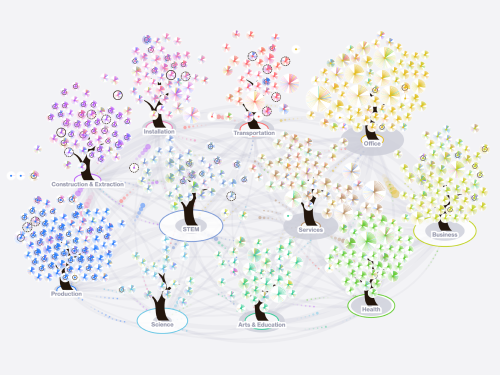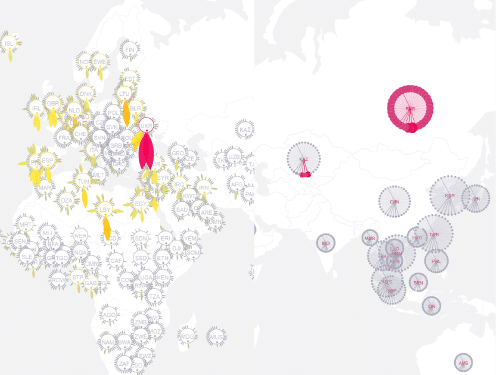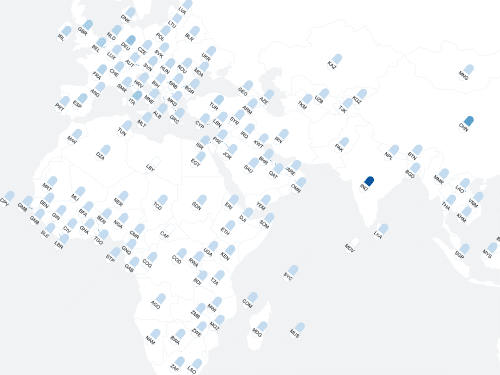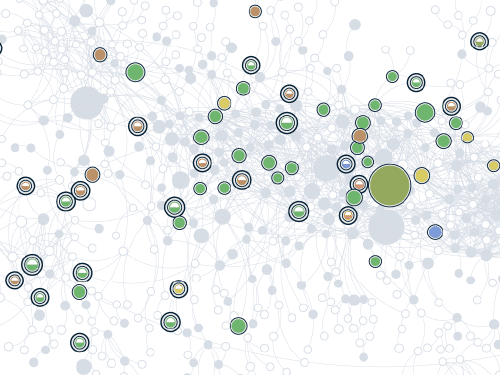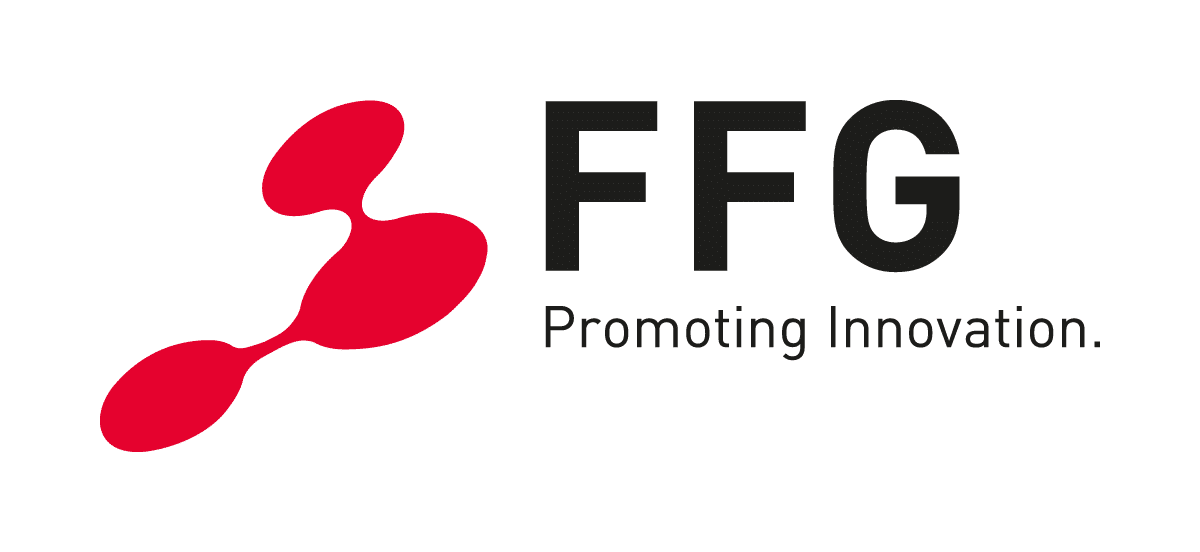Research Topics
Supply Chain Science
Supply chains are the backbone of all human societies. Yet in our interconnected world, they are becoming increasingly complex, with minor disruptions capable of causing global repercussions. By analyzing billions of interactions among millions of firms, we aim to understand the dynamics of supply networks and explore economic resilience, sustainability, and productivity.
Supply chains are arguably the most complex man-made structure on earth, functioning as the metabolism of society and literally producing everything for everyone. Today’s global economy comprises over 300 million companies interconnected through more than 12 billion buyer-supplier relations. Supply chains are far from static: firms come and go, constantly changing their suppliers and customers. Accordingly, supply chains adapt and evolve, exhibiting features akin to living organisms. But what are the patterns behind this ongoing renewal process, and what are the consequences?
Understanding supply chain networks, their functionality, and how they change is crucial for effectively managing and promoting sustainability. We must identify, strengthen, and build value chains that balance competitiveness with environmental responsibility.
Now with highly detailed data, we can dissect supply chains at the firm level, providing a novel “atomic” view of their inner workings. Leveraging vast databases, including tax data, payment data, and open web information, we reconstruct national supply chains and estimate global flows. Our aims are to (1) understand and monitor the systemic risks inherent to provisioning systems, (2) quantify the efficiency and resilience of supply chains, (3) identify the most pivotal firms in an economy, (4) uncover critical relations between supply chains and the financial system, and (5) address fairness and human rights in production networks.
We delve into classical economic questions, analyzing the efficiency of production processes in terms of resource allocation, market efficiency, and potential for computational solutions. Perhaps the most pressing question we address, however, is how to develop strategies to transform supply chains, to make them more resilient and environmentally sustainable while mitigating social tensions and stress.
To foster evidence-based decision-making in business and politics, CSH co-founded the Supply Chain Intelligence Institute Austria (ASCII) in 2023.
Goals
- Understanding the economy as a co-evolving network of firms and supply links
- Monitoring vital provisioning systems such as food and medication for potential disruptions
- Identifying weaknesses, strengths, and opportunities in current production networks
- Revisiting classic questions of economics questions with an “atomic” view
- Developing strategies to make supply chains more resilient, fair, and sustainable























